Health Information Governance

Health Information Governance (HIG) refers to a structured framework of policies, procedures, and practices within the healthcare industry that ensures the secure, accurate, and ethical management of health information. HIG encompasses various aspects of information management, including data privacy, security, quality, compliance, and data usage. Here are key components and principles of Health Information Governance:
Data Privacy and Security: HIG focuses on protecting the confidentiality, integrity, and availability of patient health information. It ensures compliance with regulations like HIPAA (Health Insurance Portability and Accountability Act) in the United States and similar data protection laws worldwide.
Data Quality: Ensuring the accuracy, completeness, and reliability of health data is a fundamental aspect of HIG. This involves data validation, verification, and measures to minimize errors and inconsistencies.
Compliance: Health Information Governance ensures that healthcare organizations adhere to relevant laws, regulations, and standards governing health information management. Compliance includes proper documentation, reporting, and audit trails.
Data Stewardship: HIG assigns responsibility for the oversight of health information to designated individuals or teams within the organization. Data stewards are accountable for data accuracy, security, and ethical use.
Information Lifecycle Management: This aspect of HIG covers the entire lifespan of health information, from creation and capture to retention and destruction. It includes policies for data retention and disposal.
Access Control: HIG defines who can access health information, when, and under what circumstances. It includes role-based access control and user authentication measures.
Data Sharing and Interoperability: HIG promotes the secure exchange of health information among authorized parties, such as healthcare providers, payers, and patients. It ensures that data is shared in a standardized and compliant manner.
Ethical Use of Data: Health Information Governance emphasizes the ethical handling of health data, including informed consent, data transparency, and responsible data analytics.
Risk Management: HIG identifies and mitigates risks associated with health information management, including data breaches, data loss, and legal liabilities.
Education and Training: Healthcare staff and stakeholders receive education and training on HIG policies and procedures to ensure awareness and compliance.
Continuous Improvement: HIG is an evolving framework that adapts to changing regulations, technology advancements, and organizational needs. Regular assessments and audits are conducted to identify areas for improvement.
Patient Engagement: HIG recognizes the importance of involving patients in decisions related to their health information, including access, sharing, and consent.
Health Information Governance is essential in maintaining trust in the healthcare system, safeguarding patient privacy, and ensuring the accuracy and security of health data. It helps healthcare organizations manage the increasing volume of health information effectively while adhering to legal and ethical standards. Effective HIG practices contribute to better patient care, data-driven decision-making, and the overall quality of healthcare services.
Effective governance is essential to realize the benefits of health information systems. The African Digital Health Research Institute examines context-specific governance policies and frameworks suited for the continent.
Key governance areas researched:
- Informed consent, privacy and identity management.
- Data stewardship, provenance and accountability.
- Trust frameworks for cross-jurisdictional exchange.
- Transparent AI and algorithms.
ADHRI partners with policymakers, industry and civil society to co-develop health information governance models that balance innovation, ethics and human rights across Africa's diverse regions.
